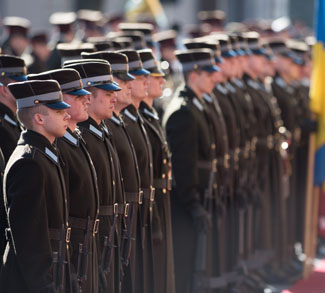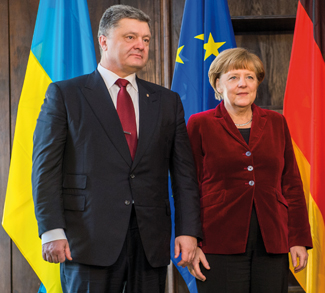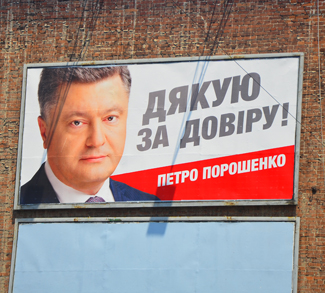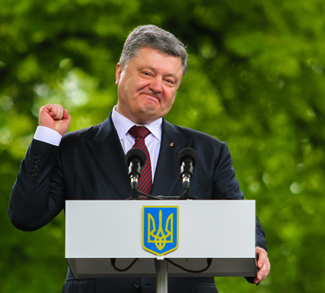Summary
Former soldiers have shut down trade between Ukraine and its eastern separatist enclaves; it is a major symbolic victory for those who are unwilling to accept the status quo of Ukraine’s frozen conflict, though one that will bring serious consequences to a local economy that is already reeling. The whole episode is illustrative of the struggle at the heart of Ukraine’s politics, that of nationalism, corruption, economic collapse, and foreign aggression.
Background
In early April, the International Monetary Fund (IMF) approved a $1 billion loan payment to Ukraine, the third tranche of a $17.5 billion bailout program set up in March 2015. Kiev has so far only received around $7.6 billion of the funds promised. This is in part because the IMF had suspended the disbursement of new funds after Kiev imposed a trade embargo on the eastern areas of the country, which are controlled by rebels in two Russia-backed separatist republics. Yet the institution changed its mind and released the latest tranche of loan money in recognition of Ukrainian progress on reform, according to Ukrainian President Petro Poroshenko. The original loan was agreed in 2015 on the proviso that the new Ukrainian government tackle economic and political reform and widespread corruption.




